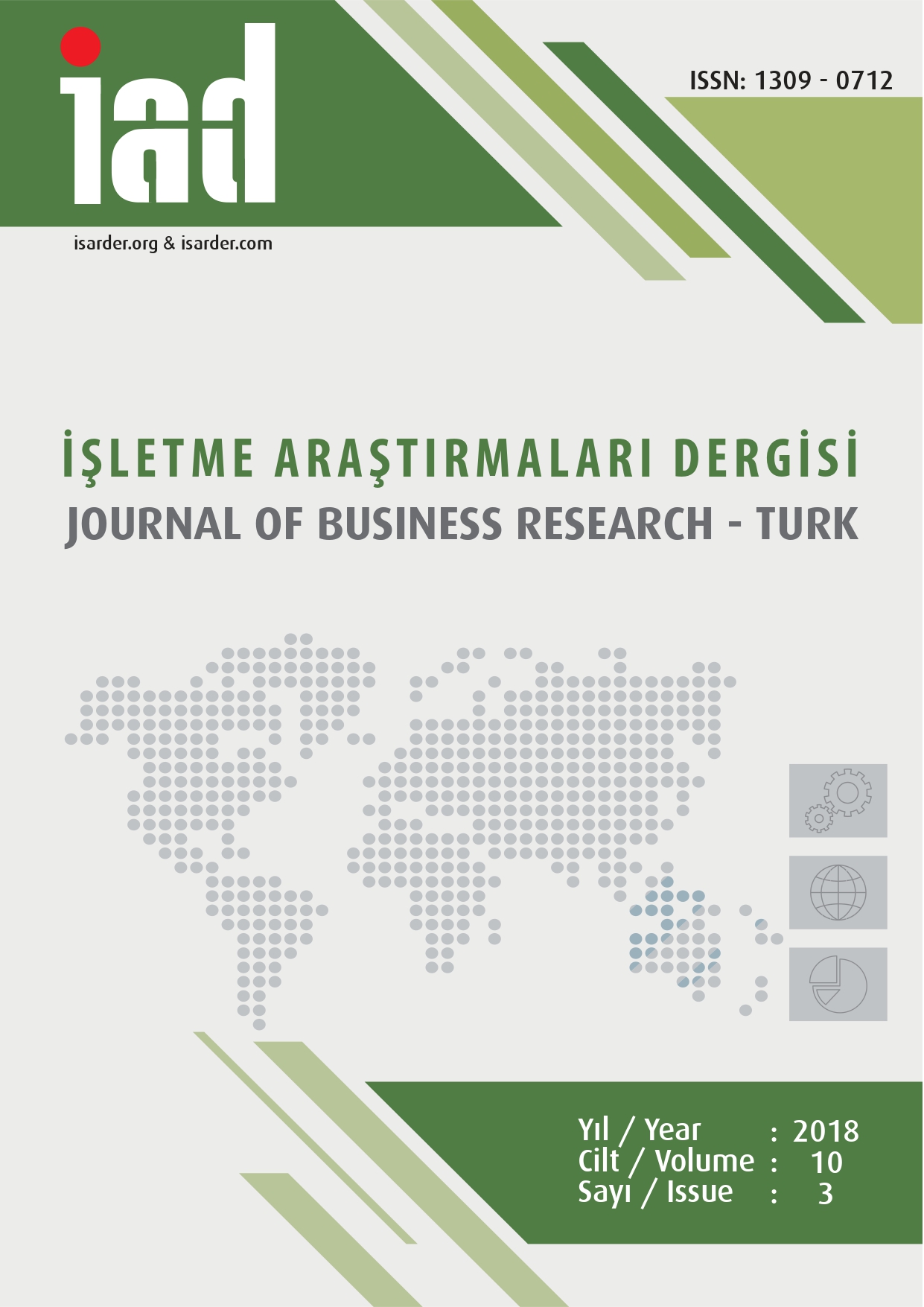Ekonomik Kalkınma Teorisi ile Muhasebedeki Paradigma Kayması Arasındaki Etkileşim: Saptanan Ayak İzleri ve Çıkarımlar
Interaction between Economic Development Theory and Paradigm Shift in Accounting: Detected Footprints and Inferences
Author(s): Soner GöktenSubject(s): Economic development, Accounting - Business Administration
Published by: Orhan Sağçolak
Keywords: Integrated reporting; human capital; institutional economics; sustainability accounting;
Summary/Abstract: Primacy of institutions and primacy of human capital are the fundamental hypotheses that shape the recent view on economic development which asserts that increase in institutional quality and human capital accumulation causes economic development. In this sense, it is fair to say that political rights, civil liberties, democracy, rule of law, political risk (check and balance), education, health, entrepreneurial climate, capital per worker and R&D expenditure are the components of economic development according to related literature. Thus today, stakeholders have begun to demand information on these components to use them in their decision making processes. This has led to a paradigm shift in accounting which changes the focus from financial information to information. In other words, accounting has begun to include both financial and non-financial information. In this study, the effects of the improvements in economic development theory on the paradigm shift in accounting is being tried to be proven. In this context, footprints of economic development components in current reporting approaches were followed. Sustainability reporting and integrated reporting are the building blocks that point to the paradigm shift in accounting. Economic development components are paired with GRI 102, standards of 200 and 400 series and capitals mentioned in international integrated reporting framework. 12 standards in 36 GRI standards and 4 in 6 types of capitals are directly matched with economic development components. Therefore, all of the components of economic development fall within the context of accounting and corporate reporting within the framework of integrated reporting methodology. Chronologically, economic approaches and assumptions quickly affect accounting and cause paradigm shift.
Journal: İşletme Araştırmaları Dergisi
- Issue Year: 10/2018
- Issue No: 3
- Page Range: 848-873
- Page Count: 26
- Language: Turkish

